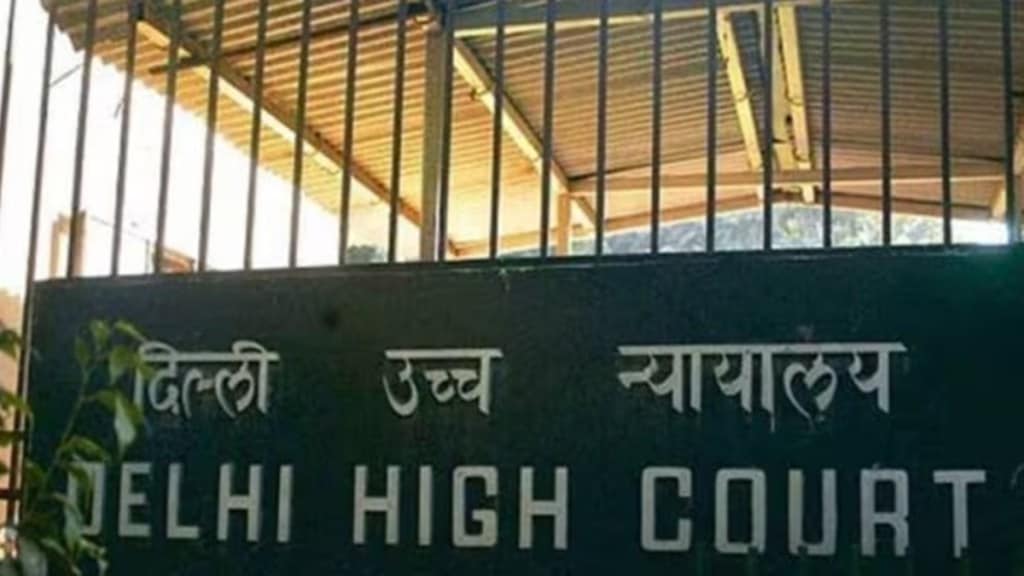The Delhi High Court has sent notices to food delivery giants Swiggy and Zepto, along with the Ministry of Electronics and Information Technology, over allegations that their mobile apps are difficult—or even impossible—for visually impaired users to navigate.
According to media reports, the move came after a petition was filed by Mission Accessibility, an NGO working for the rights of persons with disabilities. The group says that the inaccessibility of these popular food and grocery delivery platforms is not just inconvenient, it violates the law and the fundamental rights of disabled users. According to Live Law, Justice Sachin Datta, who heard the matter on Wednesday, has asked Swiggy, Zepto and the concerned ministries to respond within four weeks, with the next hearing scheduled for 28 May 2025.
The petition, argued by advocate Rahul Bajaj, outlines a range of accessibility problems. These include unlabeled buttons and menus, the lack of voice guidance or screen-reader compatibility, and missing product details. One specific issue raised was the difficulty blind users face when they’re required to point their phone cameras for returns or payments, something nearly impossible without assistive features.
According to the petition, the apps fail to meet the standards set under India’s Rights of Persons with Disabilities Act, 2016, particularly Sections 40 and 46, and Rule 15 of the accompanying 2017 Rules. The plea also points to violations of Articles 14, 19, and 21 of the Constitution, rights that guarantee equality, freedom of expression, and dignity. What’s more, the petition blames the Ministry of Electronics and Information Technology for not doing enough to enforce these accessibility standards.
Mission Accessibility is calling for a full accessibility audit of the apps by a government-approved expert. They’re also asking the court to make sure Swiggy and Zepto provide a roadmap to make their platforms fully accessible going forward. That includes adding features like voice guidance, fixing design flaws, and making sure every new update meets accessibility norms. The plea also wants the companies to train their developers and support staff on how to build and maintain accessible digital services. Another key demand: ensuring that return and refund processes work smoothly for visually impaired users.
